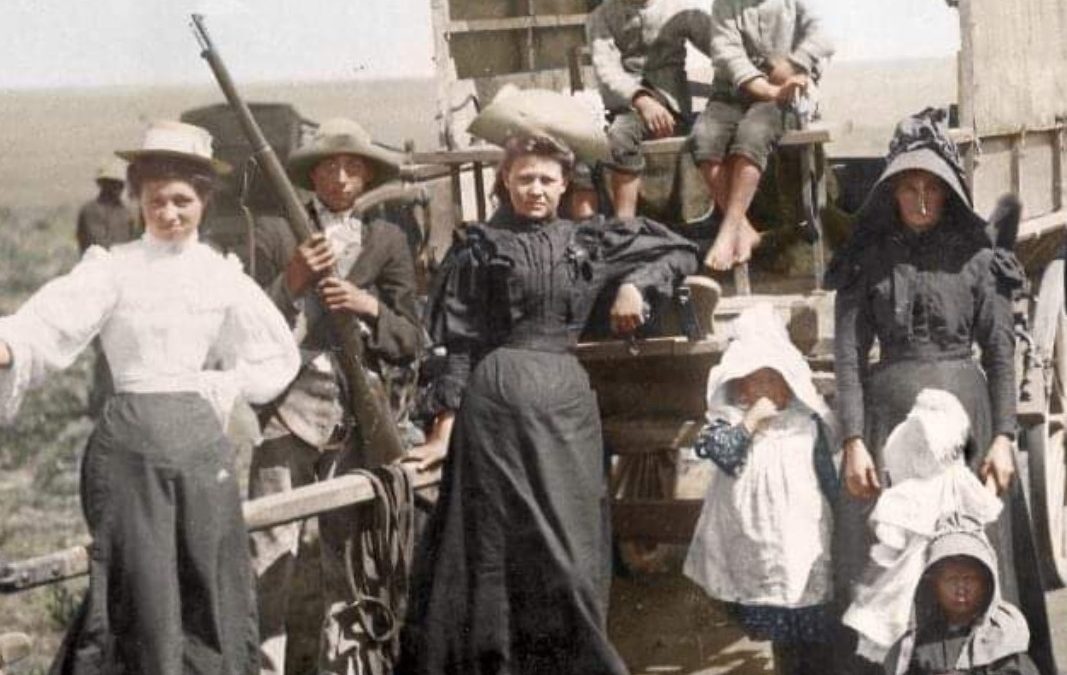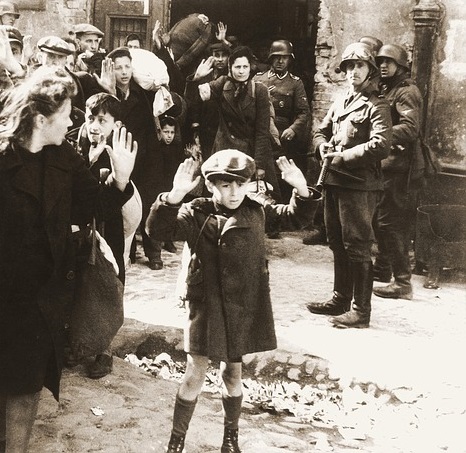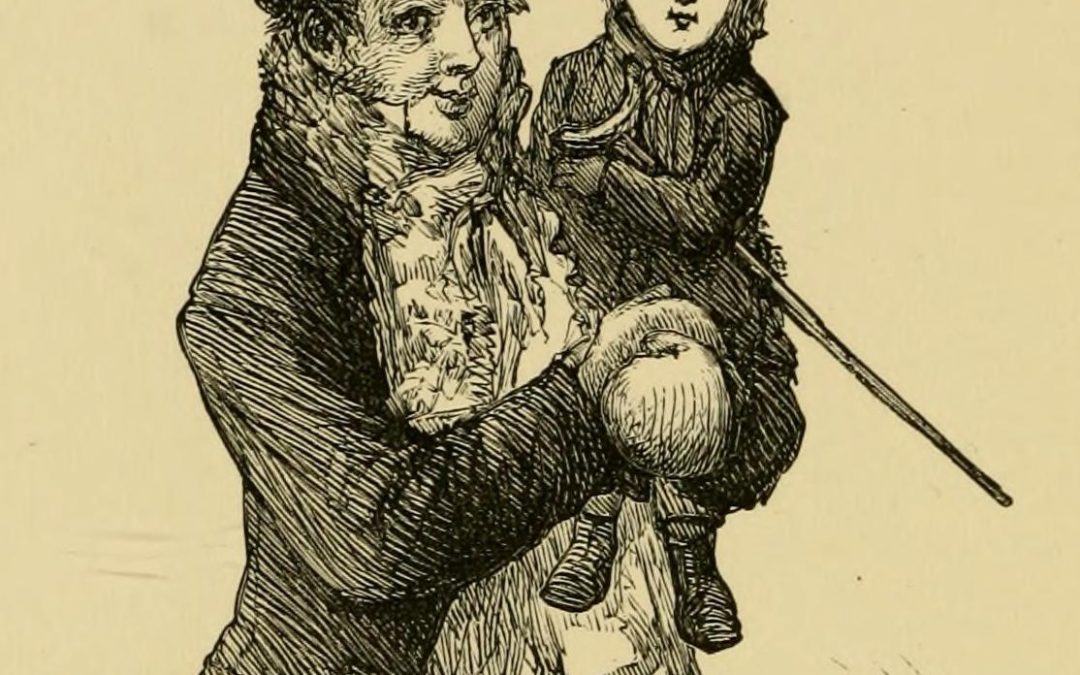
by Richard Subber | Oct 31, 2019 | Book reviews, Books, History, World history
…a painful growth to womanhood…
Book review:
The Lost History of Stars
by Dave Boling (b1951)
Chapel Hill, NC: Algonquin Books of Chapel Hill, 2017
340 pages
This is a delicate story about sturdy people who try to preserve loving relationships in a brutal war.
It is an emotionally rasping challenge to read so much reserved conversation about the monstrous incivilities, tribulations, and hardships of Dutch farmers and their families who opposed the British Tommies during the Boer War (1899-1902) in South Africa.
Lettie, the 14-year-old oldest daughter on the Venter family homestead, cannot avoid her painful growth to womanhood. Against the agonizing deprivations and losses caused by the war, she matches her innocent courage and her freshening longing for love.
Bina is a young African woman who teaches Lettie that “deeds live.”
In time Lettie learns that deeds live in hearts, and that hearts can be broken, and that lives can be remade with loved ones who survive.
(Image courtesy of Boer War Colourised Photographs on Wikimedia)
* * * * * *
Book review. Copyright © Richard Carl Subber 2019 All rights reserved.
Book review: Seven Gothic Tales
by Isak Dinesen,
such lush and memorable stories…
–
In other words: Poems for your eyes and ears with 64 free verse and haiku poems,
and the rest of my poetry books are for sale on Amazon (paperback and Kindle)
and free in Kindle Unlimited, search Amazon for “Richard Carl Subber”
* * * * * *

by Richard Subber | Oct 10, 2019 | Book reviews, Books, History, Human Nature, World history
…all too believable,
all too horrific…
A friendship corrupted by Nazi hatred before WWII—
two friends who couldn’t understand how to avoid mutual self-destruction.
Book review:
Address Unknown
by Kathrine Kressmann Taylor (1903-1996)
Washington Square Press, New York, copyright 1938, published 2001
Read Address Unknown in one sitting. You can do it.
This is a tiny work that delivers gut punches on every other page. Repeatedly, it seems to be gratuitously dramatic and somewhat contrived, except that it’s all too believable and all too horrific.
It’s hard to discuss Address Unknown without including spoiler information, but I’m going to try because I think you should want to take a short time out of your busy day to read this through at one sitting and let the experience overwhelm you.
Max Eisenstein, a Jew in New York, corresponds with his non-Jewish friend, Martin Schulse, in Germany in 1932-34. They have a joint business interest: a New York art gallery. Ominously, Hitler is setting the stage to become Chancellor of Germany in 1933.
Max and Martin habitually exchange letters. Their correspondence is swiftly transformed from business matters and the chatter of friends, to awkwardly ingenuous, increasingly corrosive, and bitterly destructive words that betray Martin’s fatal embrace of the newly politicized Aryan culture.
Max and Martin cease to be friends. The terrible consequence of their estrangement is no surprise, but not less terrible because we can so easily grasp its nature and implications.
Kathrine Taylor relentlessly tells the story. The reader is left to wonder about the dreadful imperatives of the kind of human behavior that cannot avoid self-destruction.
* * * * * *
Book review. Copyright © Richard Carl Subber 2019 All rights reserved.
You’re down to one piece of bread…
…and would you share it with anybody?
Book review:
Tribe: On Homecoming and Belonging
by Sebastian Junger
click here
–
Writing Rainbows: Poems for Grown-Ups with 59 free verse and haiku poems,
and the rest of my poetry books are for sale on Amazon (paperback and Kindle)
and free in Kindle Unlimited, search Amazon for “Richard Carl Subber”
* * * * * *

by Richard Subber | Oct 5, 2019 | Tidbits
My first thought was the Cratchit kid…
“Every generation gets the Tiny Tim it deserves.”
Gore Vidal (1925-2012)
Gore Vidal was a prolific writer. I confess that, too often, I wasn’t quite sure what point Gore Vidal was trying to make.
Thus, in this quote, it is abundantly not clear to me whether Vidal was referring to Herbert Butros Khaury (the alleged singer, “Tiny Tim,” 1932-1996) or to Timothy Cratchit (“Tiny Tim”) in Dickens’ A Christmas Carol (1843), you know, the endearing kid who said “God bless us, every one!”
Well, yes, yes, of course, you’re right, it really doesn’t make any difference.
I prefer to think again about the Cratchit boy.
Every generation should get to have at least one of his sort.
* * * * * *
Copyright © Richard Carl Subber 2019 All rights reserved.
Book review: The Bridges of Madison County
If you’re looking for
highly stoked eroticism
and high-rolling lives
that throw off sparks when they touch,
look elsewhere.
by Robert Waller
click here
–
Seeing far: Selected poems with 47 free verse and haiku poems,
and the rest of my poetry books are for sale on Amazon (paperback and Kindle)
and free in Kindle Unlimited, search Amazon for “Richard Carl Subber”
* * * * * *


